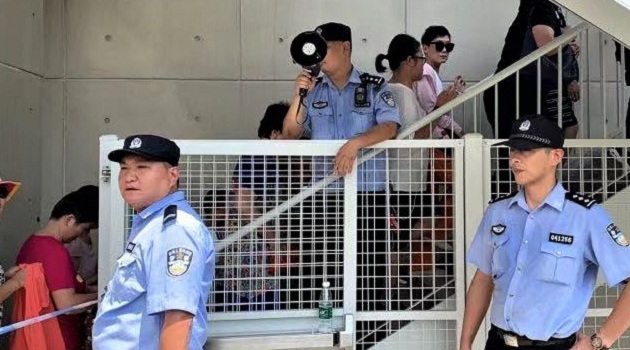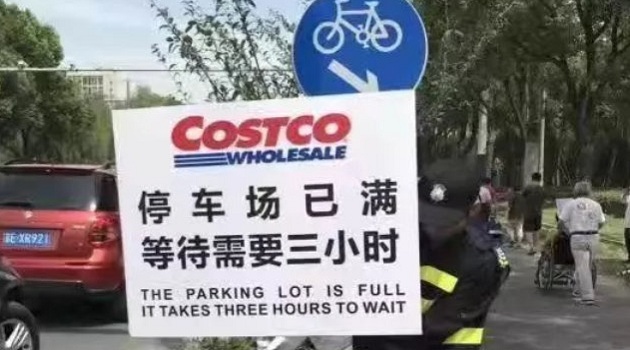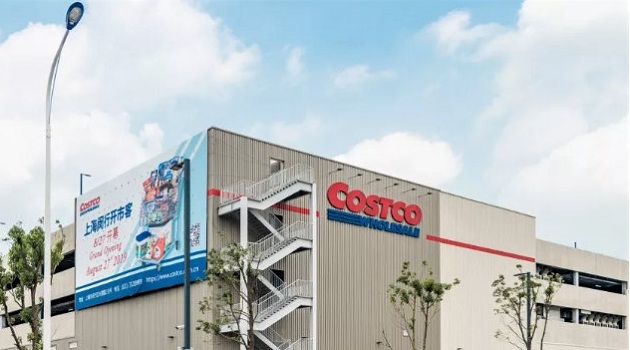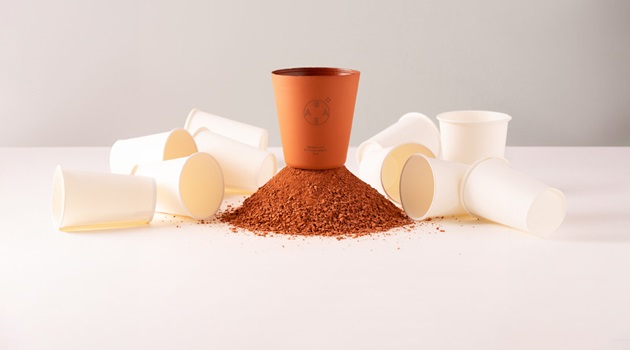They say it is trade war but a solid demand was noticed in China for US products as supermarket giant Costco opened its first warehouse store in Shanghai.
The crush of shoppers and massive opening-day crowds at Costco’s Shanghai store forced the retailer to close eight hours early on August 27.
No other word to describe Shanghai’s Costco but crazy
All this happened even as there is lot of US-China trade war going on so much so that President Donald Trump recently ordered American companies to look for alternatives to China after Beijing said it would add more tariffs to US imports.
Costco Wholesale Corporation, doing business as Costco, is an American multinational corporation which has built a cult following in the United States.
Although Costco has been doing online business in China through a partnership with Chinese e-commerce firm Alibaba, it opened its first physical outlet in Shanghai which quickly got too crowded to stay open
How did Costco respond to the Chinese demand
“The store has been clogged up with crowds,” Costco said in a text message alert to its members in China. “To provide you with better shopping experience, Costco will suspend business in the afternoon. Please don’t come.”
One of the signs posted by Costco outside the store read: “The parking lot is full. It takes three hours to wait.”
It is pertinent to note that retail giants like Amazon and Tesco have actually retreated from China after struggling to gain market share.
Videos posted on Chinese social media showed thousands of people crowding the aisles of the store in Shanghai’s Minhang district.
Costco stock was up 5% to $292.38 on August 27 after the company’s Shanghai store created the frenzy.
“Chinese consumers are ready to pay for a membership card, it’s not a new concept in the country,” Costco Senior Vice President for Asia Richard Zhang said.
“A mature market saves us efforts in educating customers,” pointing out that the Shanghai outlet has replaced some U.S. importers with Australian importers due to the concern over tariffs and the trade war between the U.S. and China.
Find us on Facebook, Twitter, Instagram, Pinterest and LinkedIn. Click here to subscribe Raisina Hill newsletter.













